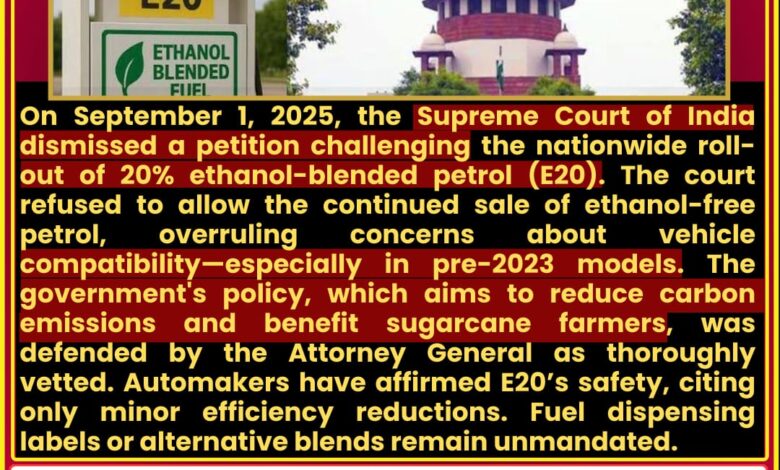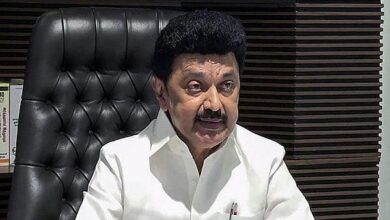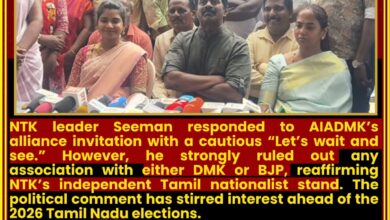
1. Supreme Court Validates E20 Rollout
India’s Supreme Court dismissed a Public Interest Litigation (PIL) challenging the government’s E20 petrol policy, which mandates the nationwide sale of petrol blended with 20% ethanol and precludes the option of ethanol-free fuel. The ruling supports the government’s clean energy strategy. The Economic Times
2. Plea Cited Vehicle Compatibility and Consumer Rights
The petitioner, advocate Akshay Malhotra, contended that vehicles manufactured before April 2023—including some recent BS-VI models—are not compatible with E20, potentially leading to engine damage or efficiency loss. He sought continued access to E0 (ethanol-free) petrol and clearer labeling at fuel stations. The Indian ExpressThe New Indian ExpressSwarajya
3. Court Refuses to Entertain the Petition
A bench led by Chief Justice B. R. Gavai and Justice K. Vinod Chandran refused to entertain the plea, dismissing it outright following arguments by the Attorney General, R. Venkataramani, who defended the policy’s rationale. The Indian ExpressThe New Indian ExpressFirst India
4. Centre Highlights Benefits and Dismisses Lobby Claims
The Attorney General argued the E20 policy was thoroughly deliberated, would bolster sugarcane farmers, and aid in conserving foreign exchange. He also questioned the petitioner’s credibility, stating, “Will people outside the country dictate what kind of fuel India should use?” ReutersSwarajya
5. Industry Backs Safety Despite Slight Efficiency Drop
Automakers, including the Society of Indian Automobile Manufacturers (SIAM), have reassured the public that while E20 may marginally reduce mileage—by around 2–4% in older vehicles—it does not pose safety risks. Warranty and insurance for vehicles continue to be supported. ReutersETAuto.com
6. Policy Aligned with Energy Goals
E20 is central to India’s push for cleaner fuels, aimed at reducing carbon emissions and oil import dependency. The government targets 20% ethanol blending by 2025 and plans to reach 30% by 2030. Analysts note the broader environmental and economic rationale behind the move. ReutersETAuto.com
7. Consumer Information and Labeling Not Mandated
Despite concerns over consumer information, the PIL’s demand for mandatory ethanol-content labeling and compatibility notifications at fuel pumps was declined by the court. Fuel stations are not required to display such details, nor is there a mandate to offer ethanol-free options. The Indian ExpressThe New Indian Express
8. Broader Clean Energy Implications
This ruling underscores India’s commitment to ethanol blending as part of its clean energy transition. The success of the program could set a precedent for other developing economies adopting alternative fuel mandates nationwide.
9. Conclusion
By dismissing the PIL, the Supreme Court has upheld the government’s E20 petrol policy, ensuring its continued implementation without concessions for ethanol-free alternatives. The decision reaffirms the clashing priorities of environmental policy, agricultural support, and consumer choice in India’s energy landscape.










